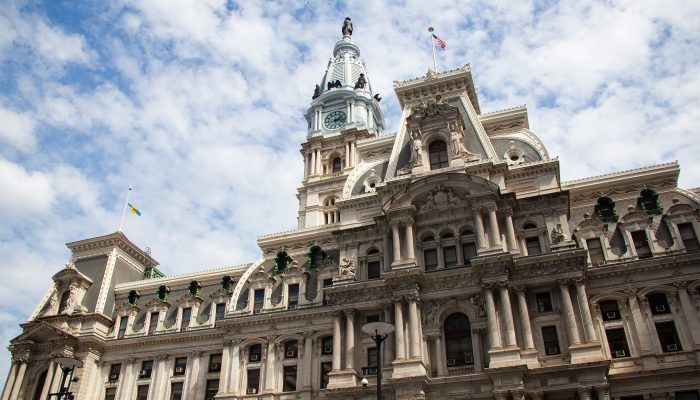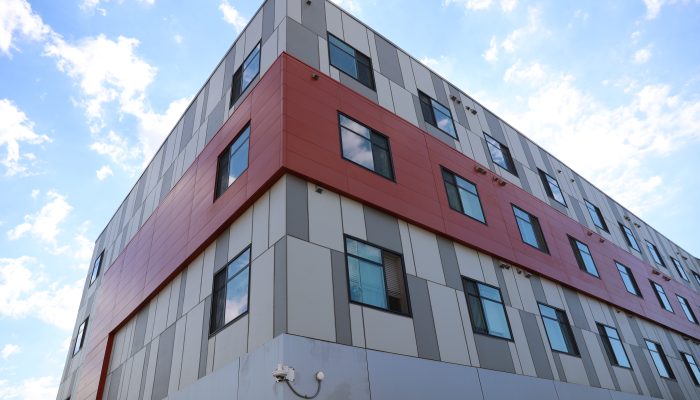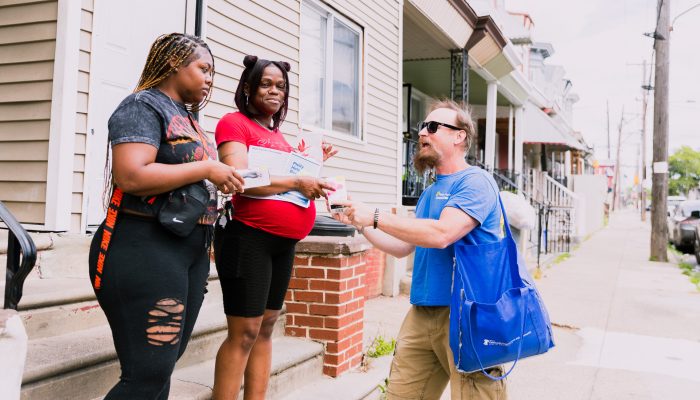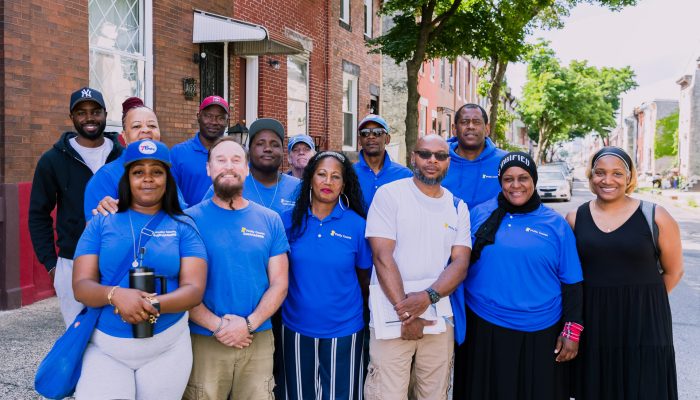While many major U.S. cities are seeing similar spikes in gun violence, we maintain that one homicide is one too many, and that gun violence is entirely unacceptable.
Recently, Mayor Kenney announced a historic and unprecedented investment in violence reduction. The City is investing more than $150 million in fiscal year 2022 into proven violence reduction strategies that will save lives. With this funding we look forward to expanding community violence intervention programs, building up enrichment opportunities and safe havens for children and youth; investing tens of millions into community-based programs, increasing funding for workforce development and transitional jobs programs, and much more.
The City also announced the realignment of violence reduction programming. The City created the Office of Policy and Strategic Initiatives for Criminal Justice and Public Safety (CJPS), thus realigning its public safety efforts with an enhanced holistic approach that strengthens the coordination of:
- Office of Violence Prevention (OVP)
- Office of Criminal Justice (OCJ)
- Office of Reentry Partnerships (ORP)
- Town Watch Integrated Services (TWIS)
The CJPS Cluster is focused on uplifting solutions to reduce violence, enhance the bridge between neighborhoods and City government, and amplify support for returning citizens and families impacted by the criminal justice system – developing and implementing reforms in an equitable fashion informed by the decades of systemic racism, oppression, and poverty that the Kenney Administration is committed toward eradicating.
Keeping our sense of urgency on this mounting public health crisis, the City has expanded and updated the following strategies (among others) to continue to tackle the epidemic of gun violence in Philadelphia:
1. Philadelphia Police launched a crime-fighting strategy under the leadership of Commissioner Danielle Outlaw
The crime prevention and reduction plan aims to strengthen and more fully commit all PPD efforts to reduce crime and violence. Integrated into this plan is PPD’s “Operation Pinpoint” strategy, which takes a “surgical” approach to gun violence by focusing on the people and places most at risk, and underlying neighborhood conditions that drive gun violence.
2. Group Violence Intervention (GVI) is expanding its outreach efforts after being praised by national experts for its early success amid the challenges posed by the COVID-19 pandemic
GVI focuses on the small, but active group of people engaged in violence. GVI is an evidence-based approach that elevates the role community support and social services play in reducing gun violence. And, most importantly, this strategy involves law enforcement partnering with the community to focus on the small and active number of people driving the violence plaguing many of our neighborhoods. GVI modified its approach due to the COVID-19 pandemic, and was praised by national experts in the process. “Philadelphia has launched this effort with real seriousness in the midst of a global pandemic and a national outcry against abusive policing and for a new kind of public safety,” said David Kennedy, Executive Director of the National Network for Safe Communities at John Jay College of Criminal Justice. “We’re seeing extremely serious, extremely innovative work, and the initial signs of results are exactly what we look for at these early stages,” he continued.
3. Offering up to $50,000 for grassroots violence prevention efforts
The Administration expanded available funding for the Targeted Community Investment Grant program so that grants now range from $1,500 to $50,000 to support new, and/or existing programs that help prevent or reduce gun violence. Over the last two years, the TCIG program has funded more than 125 projects with a combined award of over $2.1 million.
4. The Community Crisis Intervention Program (CCIP) has completed a new round of training with more boots on the ground.
CCIP now has more than 50 workers out in the community, connecting more people to the services and support they need to disengage from violence and to stay safe.
5. Police are working with the District Attorneys on the ground
The District Attorney has assigned two Assistant District Attorneys to each of the six geographic PPD divisions, to work alongside PPD’s investigative personnel. This includes responding to and investigating violent crimes (particularly those involving the use of a firearm) from their inception. This will provide greater focus, attention, and consistency to investigations and prosecutions, and will ultimately result in the removal of the most dangerous offenders from our communities.
6. Police are meeting weekly with law enforcement partners
PPD has initiated weekly “shooting review” meetings with local, state, and federal law enforcement partners. The meetings promote collaboration, communication, and shared responsibility in accomplishing common goals. Each meeting concludes with clear strategic direction, actions items and/or deliverables as it pertains to each shooting in Philadelphia.
7. Reviewing updated data on gun violence
The Office of the City Controller released an interactive map of shooting victims as part of an effort to better understand trends in Philadelphia’s gun violence crisis and rising homicides. The tool shows the locations of shootings, denoting fatal and non-fatal shootings, annually since 2015 (filtered by year) and includes information about the age, race/ethnicity, and gender of the victim, as well as incidents with associated court cases.
8. Town Watch is engaging and recruiting more residents to help promote public safety
Town Watch Integrated Services is partnering with residents and community organizations to promote public safety through peace walks, neighborhood clean ups that address blight, hosting neighborhood discussions to find solutions to the violence, and increasing resident participation in Town Watch activities across the city. Specifically, Town Watch has conducted trainings and presentations in houses of worship to host community activities and create more patrols for neighborhoods experiencing high rates of gun violence. Town Watch is also working with the School District of Philadelphia in developing safety plans for when schools resume in-person classes and are recruiting volunteers for Safe Corridors.
9. Deploying Benefits Mobile Office to Pinpoint Areas
The Office of Community Empowerment and Opportunity (CEO) deploys its mobile office three days a week to Pinpoint areas to screen individuals and help them apply for local, state and federal benefits. In addition, staff connects residents with local resources such as the Census Bureau, employment and workforce development opportunities, housing assistance, along with drug and alcohol treatment. Residents may also be referred to other services where appropriate.
10. Connecting Residents with Employment Opportunities
The Office of Community Empowerment and Opportunity (CEO) provides funding to the Center for Employment Opportunities and First Step Staffing, which provide job-readiness training, transitional employment and job coaching for formerly incarcerated individuals, those experiencing homelessness and military veterans. The continuum of care from both providers increases employment and decreases recidivism.




